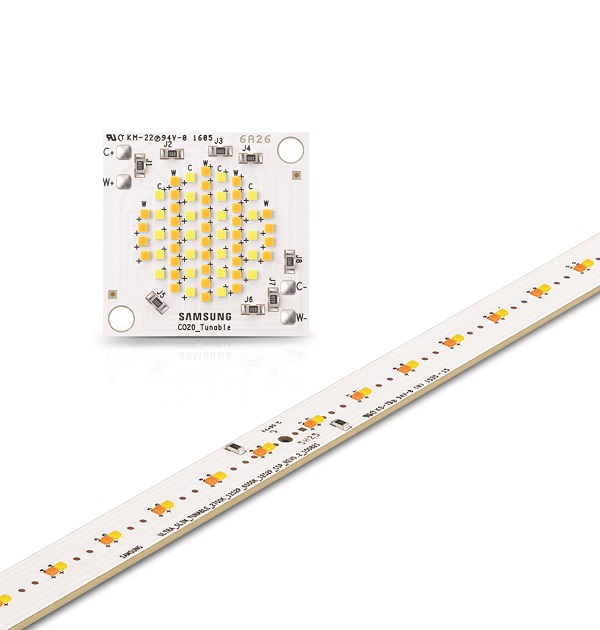Samsung Electronics Co., Ltd., a world leader in advanced component solutions, today announced that its test lab for LED packages and modules has been qualified by UL (Underwriters Laboratories), a widely-recognized global safety science organization, to operate the UL Total Certification Program (TCP), one of the highest levels of testing and qualification under the UL Data Acceptance Program (DAP).
 |
Samsung's test lab for LED packages and modules has been qualified by UL (Underwriters Laboratories). (Samsung/LEDinside)
|
UL’s standards and certification are universally recognized as important indicators of product safety and reliability. To better handle increasing requests for testing and certification, UL has been running DAP, which allows approved manufacturers to test products using their own labs, equipment and engineers, and then submit the test data to UL for review. Samsung’s test lab for LED packages and modules is now recognized for the UL TCP. Within UL-specified parameters, Samsung can manage the full TCP process from examining a product’s structure, to selecting and conducting appropriate UL testing, and obtaining UL certification.
As a UL-approved TCP lab, beginning from May 2016, Samsung will be performing tests to measure the safety of its LED components under varying environmental settings including electrical, temperature and humidity variation.
“Being selected to operate under UL’s Total Certification Program underscores the excellence of Samsung’s LED product quality and the thoroughness of our verification processes,” said SungKwan Lim, vice president of the LED Quality team, Samsung Electronics. “By fully embracing the UL TCP, we will be able to speed up the UL testing and certification process for our LED products and strengthen the foundation for our LED business around the world.”
“We are confident that UL TCP will support Samsung’s LED business with more flexibility for timely UL certifications,” said Todd Denison, vice president and general manager of UL’s Appliances, HVAC and Lighting division. “UL will continue to work closely with manufacturers to support improvements in the overall safety of LED components.”
By managing its own UL-approved test lab, Samsung can reduce the testing period for its LED components by about 50-75 percent, which will contribute to Samsung’s ability to rapidly supply UL-certified LED components to customers.
As a part of the criteria for its TCP qualification, Samsung satisfied quality management system requirements, stipulated by ISO 17025. The ISO 17025 standard is used by testing and calibration laboratories for accreditation that allows them to be widely recognized as technically competent. To maintain its top-notch product examination system, Samsung will maintain a close relationship with UL through a variety of testing validation processes including regular assessment of the Samsung LED test lab as required by the TCP program.
To further underscore its testing proficiency, a few years ago Samsung’s LED test lab was qualified as an international test lab from the Korea Laboratory Accreditation Scheme (KOLAS), a governmental accreditation organization that evaluates quality and technical capabilities of testing and inspection laboratories. The Samsung lab also has been recognized by the VDE Institute, the testing and certification branch of VDE Association for Electrical, Electronic & Information Technologies, one of the largest technical and scientific associations in Europe. Through its conducting of world-renowned test lab processes and procedures, Samsung will continue to enhance the quality of its LED products, while further demonstrating its competence in meeting challenging customer needs.





 CN
TW
EN
CN
TW
EN






